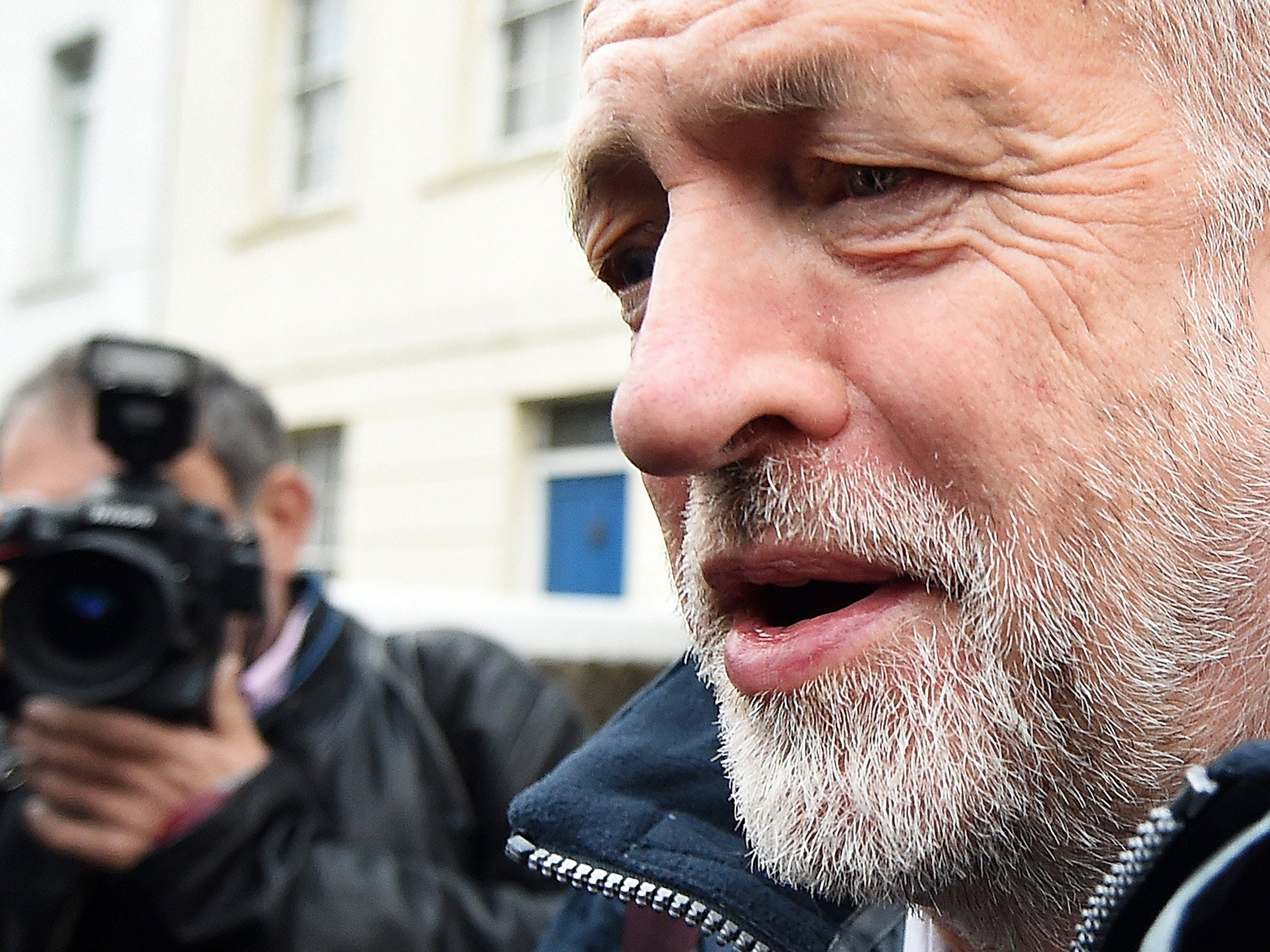Government accused of trying to 'cover up' scale of looming NHS winter crisis
Health service confirms scaled-back bulletins will no longer include A&E waiting times or cancelled-operation figures

Patients and health experts have accused the Government of trying to “cover up” the scale of a looming winter health crisis by blocking the publication of key waiting-time figures.
In a controversial move, made as MPs debated authorising bombing raids in Syria, the NHS announced it was dramatically scaling back the number of benchmark tests included in its weekly bulletins – now to be published monthly – which are supposed to give a snapshot of the state of the health service.
NHS England has confirmed that the updates, due to start on 11 December, will no longer include figures on A&E waiting times, ambulance delays outside hospitals or last-minute cancellation of operations. The number of patients left on trolleys for longer than four hours will also be taken off the updates.
The move comes after ministers admitted that the official reporting period for the winter had been shortened by a month – further limiting what the public can find out about growing problems in the NHS.
Over the past two years, “winter” ran from the start of November until the end of March. However, in response to a parliamentary question, Public Health minister Jane Ellison admitted that the reporting period this year will end a month earlier.
The move comes amid growing government fears that this winter crisis to set to be worse than at any time in the past five years because of staff shortages caused by a clampdown on expensive agency staff.
Speaking exclusively to The Independent on Sunday, Jeremy Corbyn, the Labour leader, accused the Government of “launching an NHS news blackout” to keep the public in the dark, and demanded that the Health Secretary, Jeremy Hunt, reinstate the weekly updates. He added: “We’ve a crisis in A&E, hospital wards understaffed and people waiting longer and longer – and the Tory response is to try and stop people finding out. These deeply cynical attempts to hide the truth reveal one thing: the Tories are failing patients.”
Last winter, the Government suffered a series of headlines about delayed operations, A&E waiting times and ambulance delays – all based on the weekly figures.
Shadow Health Secretary Heidi Alexander said there was “no justification for keeping patients in the dark about how their local health services are performing”. She has written to Mr Hunt to demand the weekly figures be reinstated.
One Tory MP admitted the changes were likely to have been introduced to avoid damaging headlines. The MP said the NHS was beginning to miss waiting times “on a routine basis”, and added: “I suspect there’s a degree of wanting to weaken scrutiny from a political perspective ... A&E will struggle to hit its targets.”

Labour has been joined by health experts and patients’ groups in voicing their fury at the move.
Katherine Murphy, of the Patients Association, said the public had “a right to know” if hospitals were in danger. “There are now many operations being cancelled on a daily basis with no date given for when the operation will take place. This is leaving patients in pain and discomfort and increasing the chances of [their] condition getting worse. The Government needs to address this serious patient safety issue and this information needs to be in the public domain.”
Ms Murphy’s remarks were echoed by health pressure groups.
Nigel Edwards, chief executive of the Nuffield Trust, said: “It’s important ... for areas of the system where excessive pressure is being felt to become clear quickly. I am worried that only publishing figures monthly on indicators like waits in A&E and cancelled operations won’t provide this clarity quickly enough.”
John Appleby, chief economist at the King’s Fund, said that the change “appears to undermine the Government’s message about increasing transparency and making better use of data, and will reduce understanding across the health system about the impact of winter pressures”.
An NHS England spokesperson defended the move, saying: “We will be publishing on a monthly basis a full and comprehensive set of data on NHS performance for the public throughout the year, including this winter.
“This will include the normal measures such as the four-hour waiting standard and delays in transferring patients. The advantage is that doing this gives people a complete picture while also smoothing out week-to-week fluctuations which can be misleading.”
Join our commenting forum
Join thought-provoking conversations, follow other Independent readers and see their replies
Comments